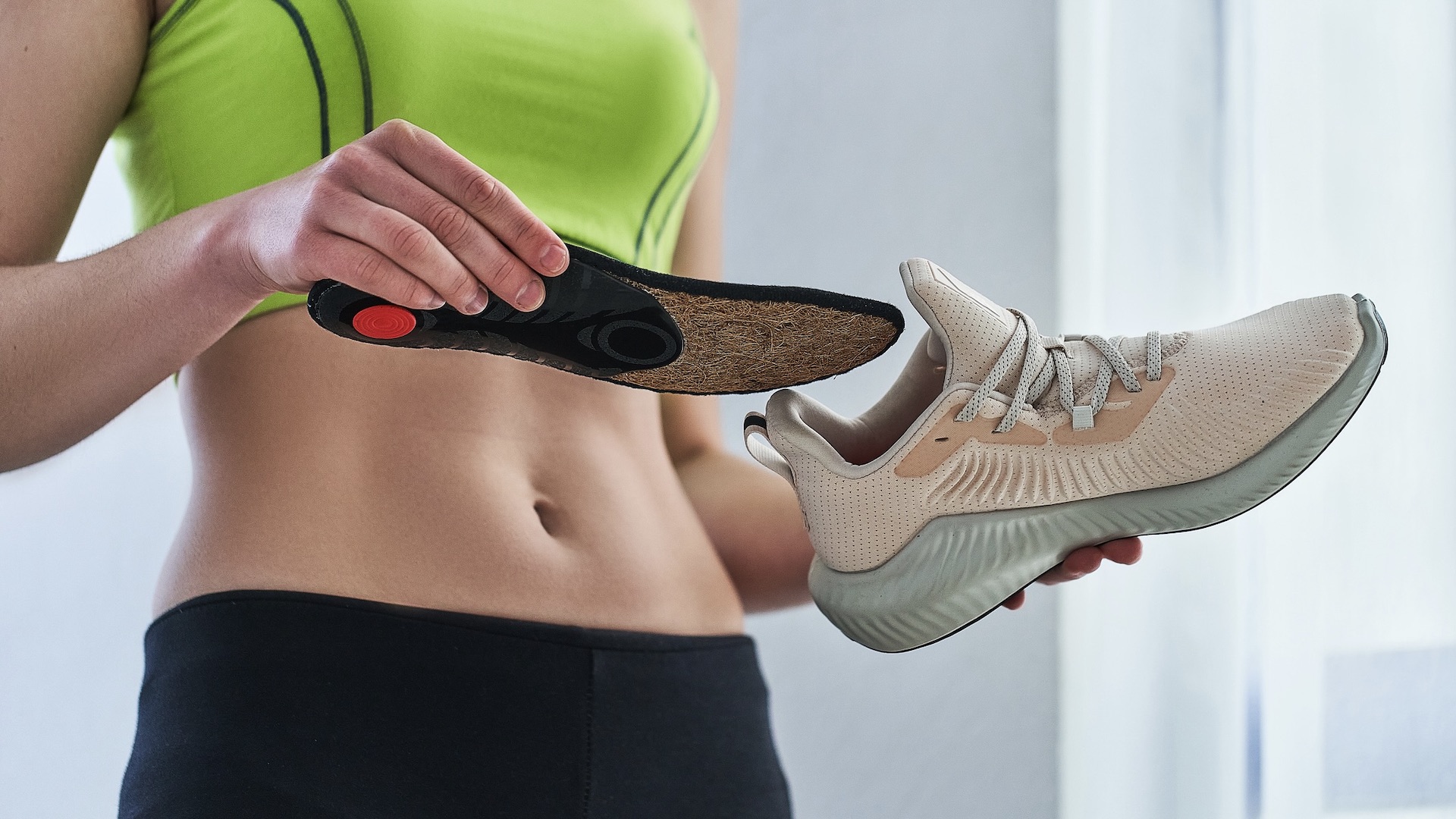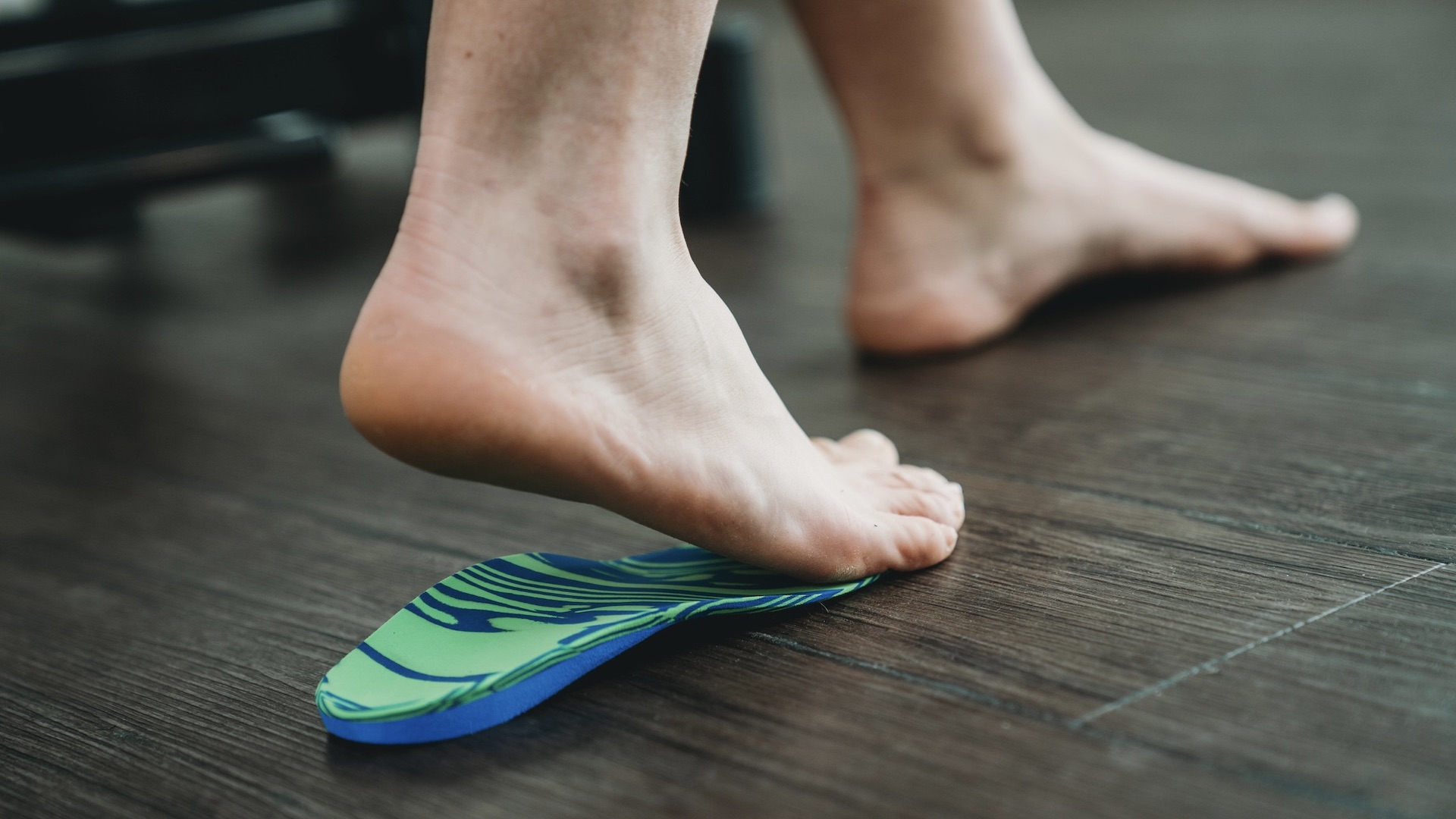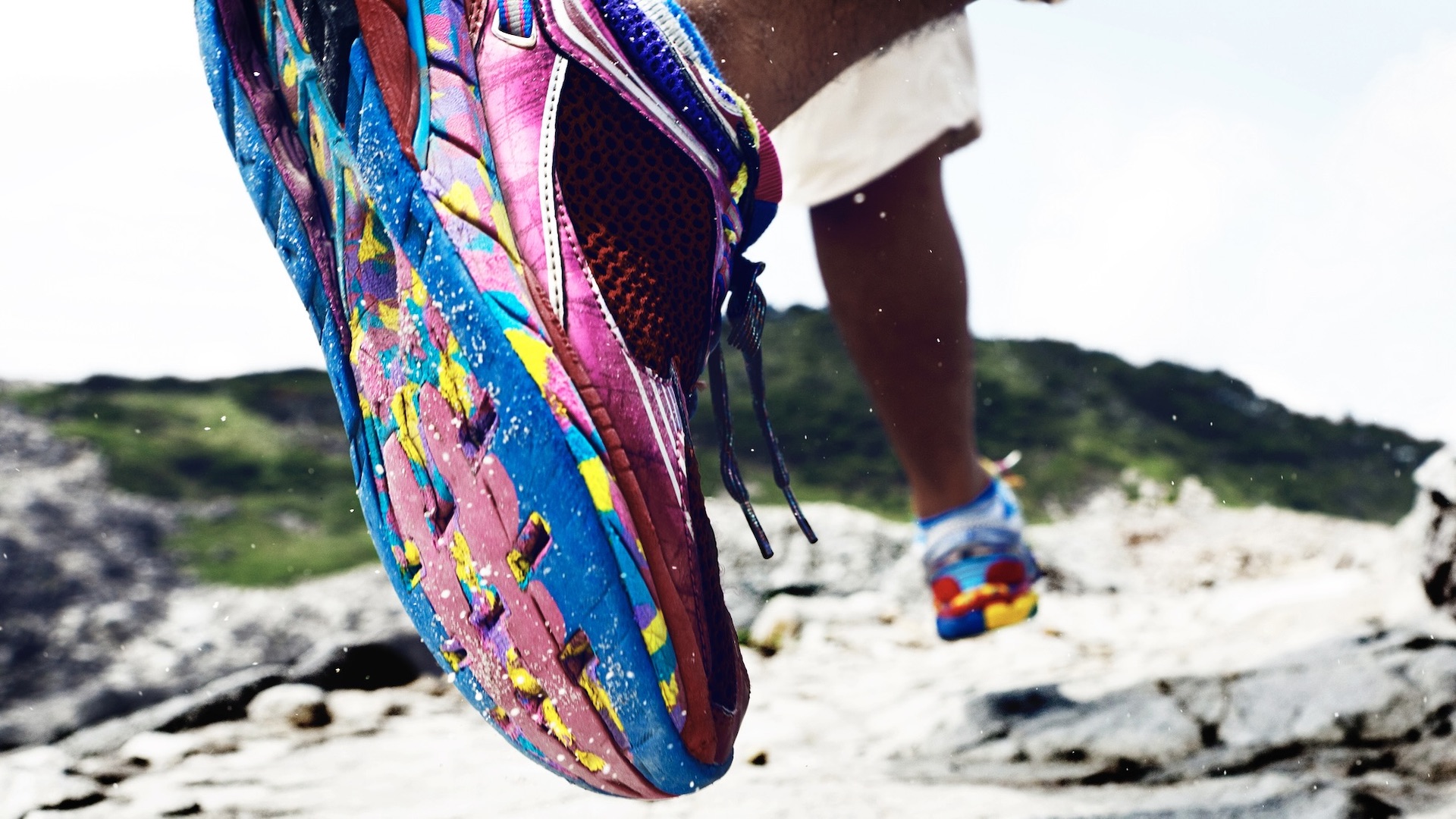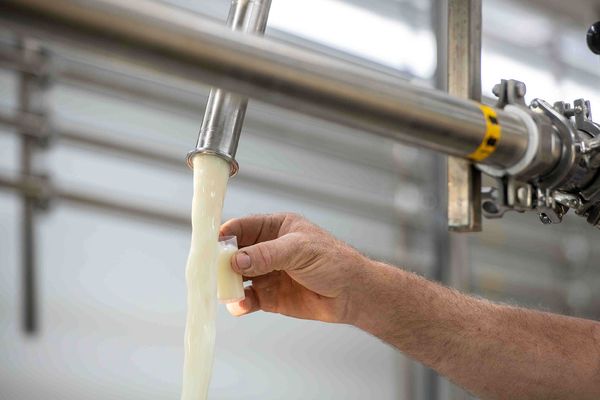
The question of whether you would invest in insoles to make your running shoes last longer brings answers on the opposite end of the spectrum. That is, some people believe insoles are a good way to extend the life of running footwear, while others steadfastly disagree. We take a look at the fors and againsts.

What is the insole of a running shoe?
If you look at the anatomy of running footwear, the insole is the part of the shoe that offers additional support and cushioning. The insole is usually made of EVA foam or OrthoLite.
The insole is an area of road running footwear or trail running shoes that can be replaced if it is worn or it can be changed for a different type of insole, such as one that provides higher levels of cushioning or support for different running gaits and foot shapes.

Yes, insoles can make your running shoes last longer
It’s suggested that using an insole to suit your running gait and weight could result in less wear across the rest of the shoe. For example, if you know that you have a pronation or supination, inserting an insole that helps to support and neutralise this movement of your feet will mean that the sole of your running shoe is more likely to wear evenly.
Replacing the insoles with more supportive insoles can also help improve the general fit of the shoes and this, in turn, can help to distribute the weight of a runner more evenly, which can result in a reduced strain on the shoes, including both the soles and the uppers.
Runners who pronate or supinate can cause excessive wear on the inner or outer part of the sole of their footwear if they wear neutral insoles. Likewise, the foot could cause excessive wear and tear on the upper part of a shoe if a runner’s gait is not supported by the right insole.
Of course, it is also worth noting that there are different running shoes suited to different running gaits and this could be your first point to consider when choosing new footwear, rather than buying a shoe and trying to make it work to suit your gait.
Another point to consider is that if your running shoes are showing signs of wearing out, for example they do not feel as cushioned or supportive as they once did, you could give them an extra lease of life by inserting new insole. But you should be wary of trying to prolong the life of a running shoe if most of the parts of the shoe are worn and this may lead to a lack of proper support or traction.
The bottom line is that you should make sure you check the general wear of your running shoes before trying to extend the life of them with new insoles. If the footwear looks to be in good condition apart from the inside, then new insoles will be a good idea but, the chances are, when you feel you need new insoles, the rest of the shoe will be fairly worn as well.
No, insoles can’t make your running shoes last longer
Running shoes suffer wear and tear simply because you run many miles in them on hard surfaces or over stones, rocks and vegetation on the trails. So, you can’t expect them to keep on giving forever. Changing the insoles might make you feel like you have extra cushioning underfoot but the could be a false economy.
It is more likely that when you start to question if your running shoes are wearing out, then they probably do need to be replaced. Given that running shoes can wear down on their outsoles, midsole and the inners, adding cushioned insoles is unlikely to do anything much to prevent the wear on the running shoe itself.
The fact is that most people insert different insoles for extra cushioning or to help with other requirements connected with their gait.
Conclusion
In conclusion, the answer to whether insoles can make your running shoes last longer is, it depends. The best advice is to make sure you have the right insoles for your gait and support needs in the first place so that you give your footwear the best chance of longevity and better resistance to wear.
However, it is important that you do not try to rejuvenate very worn running footwear by buying new insoles.
- The best trail running shoes: tested for comfort, protection, and grip







